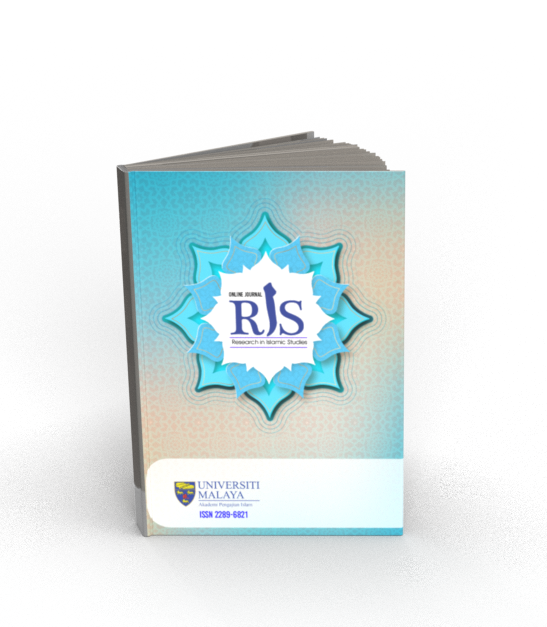Main Article Content
Abstract
This study comprehensively examines the ideological perspectives on nationalism among the Pan-Malaysian Islamic Party (PAS) leaders from 1951 to 2013. The research addresses the divergence of views on nationalism within PAS, focusing on tops prominent leaders, and evaluates how these differences have shaped the party's direction. It explores the factors contributing to these ideological disparities and their implications for PAS's political future trajectory. Employing a single-method qualitative approach, this study utilizes library research, documentation analysis, and historical contextualization as its primary techniques. The PAS Presidential Speech Policy delivered at the Annual Muktamar is the primary source, complemented by secondary documents. The findings reveal significant ideological divisions within PAS regarding nationalism. While some leaders categorically reject nationalism as incompatible with Islamic principles, others conditionally accept it within an Islamic framework. These differing stances have influenced PAS leadership's ability to unify its members under a cohesive nationalistic ideology aligned with Islam. This study underscores how these ideological tensions have shaped PAS's policies and strategies. It offers insights into the party's evolving role in Malaysian politics and its broader implications for Islamic political movements.
Keywords
Article Details
Copyright (c) 2024 Online Journal of Research in Islamic Studies

This work is licensed under a Creative Commons Attribution-NonCommercial 4.0 International License.
Copyright Notice
By submitting manuscripts to the Online Journal of Research in Islamic Studies (RIS), authors agree to transfer copyright to the journal. However, authors may republish their work or grant others permission to republish it; in which case it should be accompanied by a proper acknowledgment that the work was originally published in the Online Journal of Research in Islamic Studies (RIS). The journal adopt CC-BY-NC licence which authors may also share and distribute their article anywhere of non-commercial website, social media and repositories immediately on publication.
Authors may also reuse the Abstract and Citation information (e.g. Title, Author name, Publication dates) of their article anywhere at any time including social media such as Facebook, blogs and Twitter, providing that where possible a link is included back to the article on the journal site.
